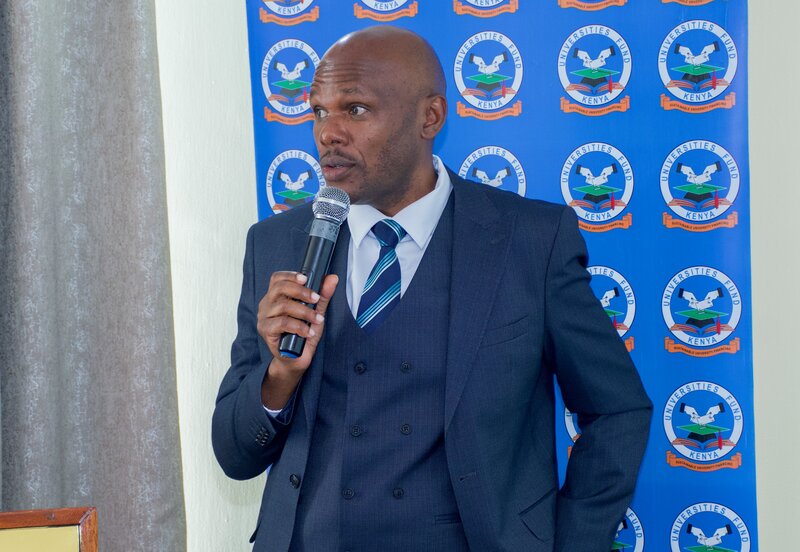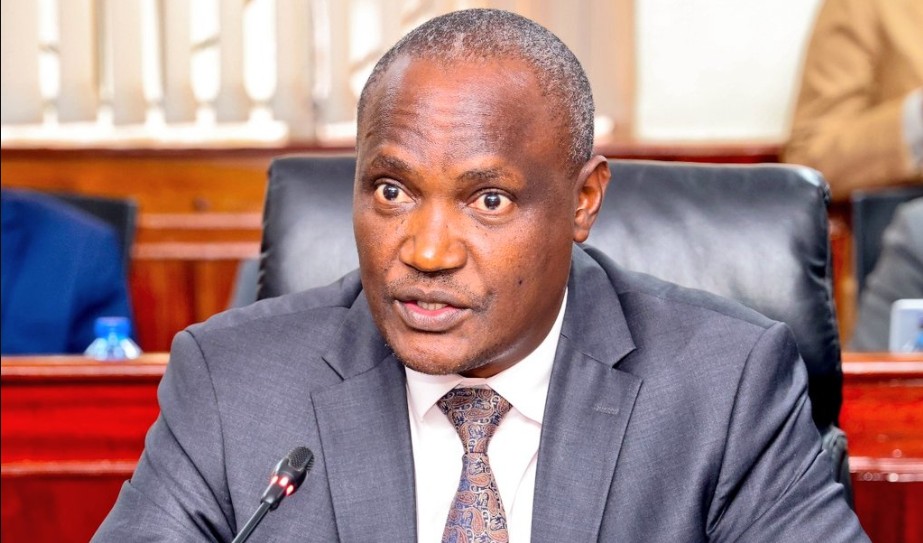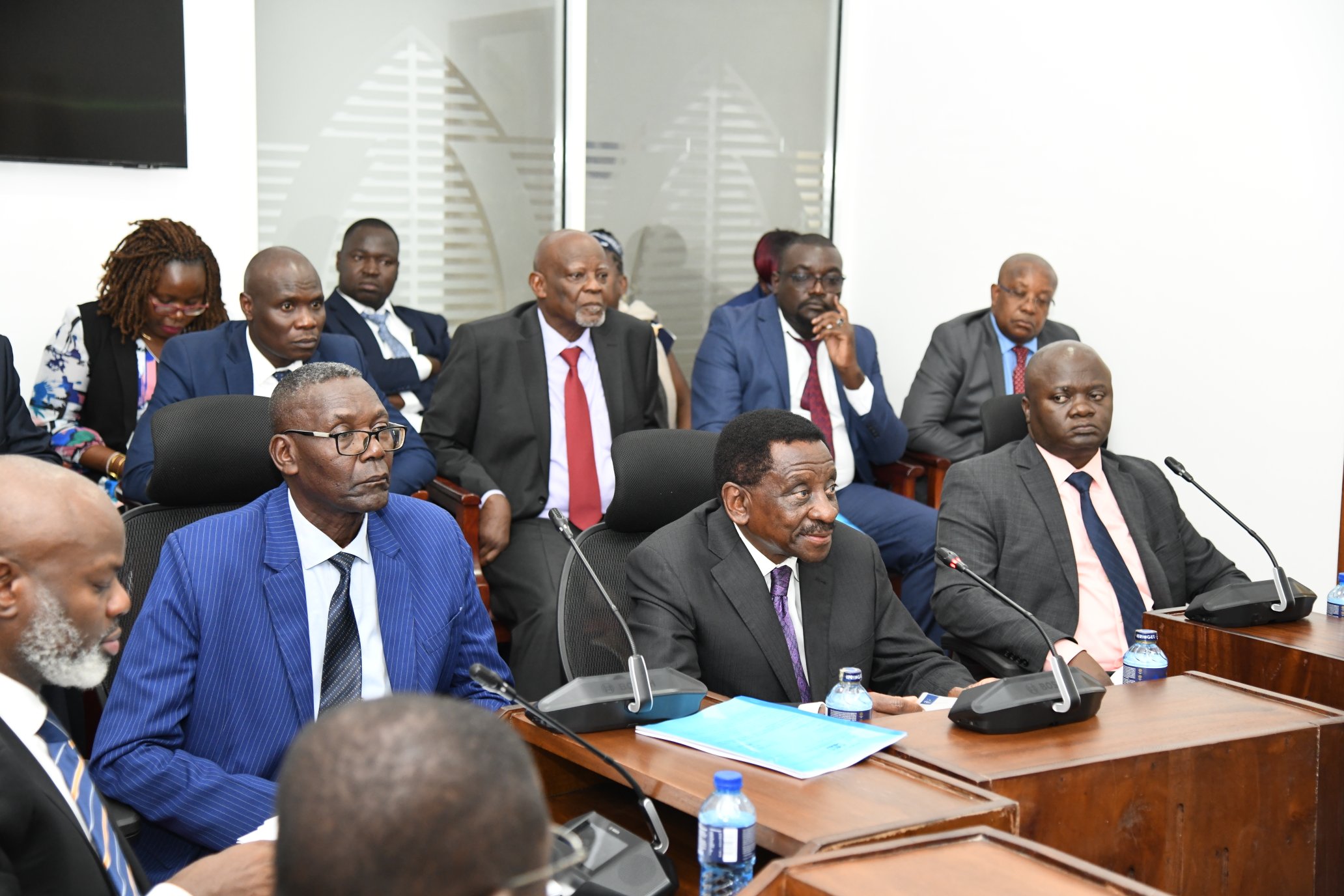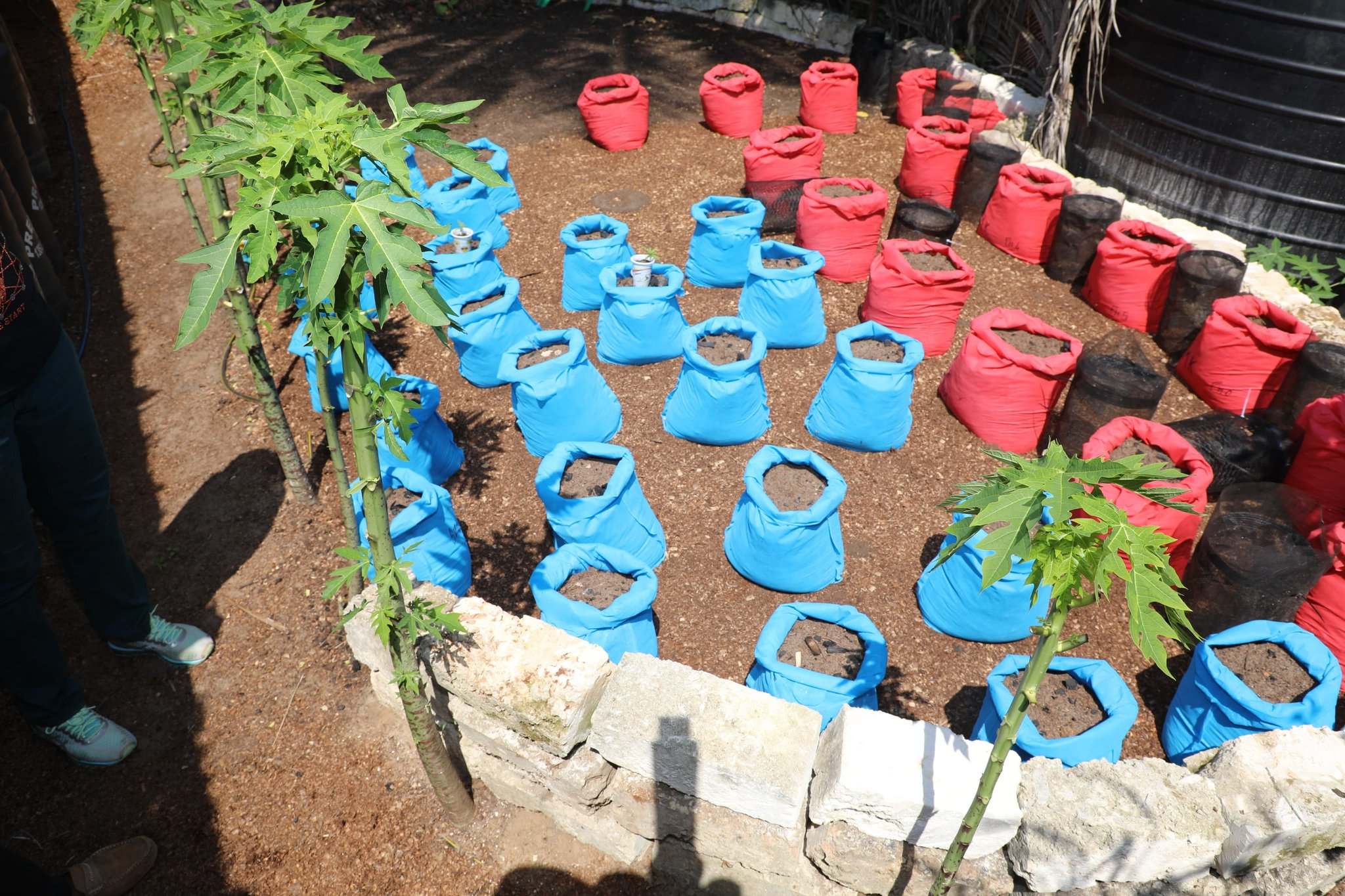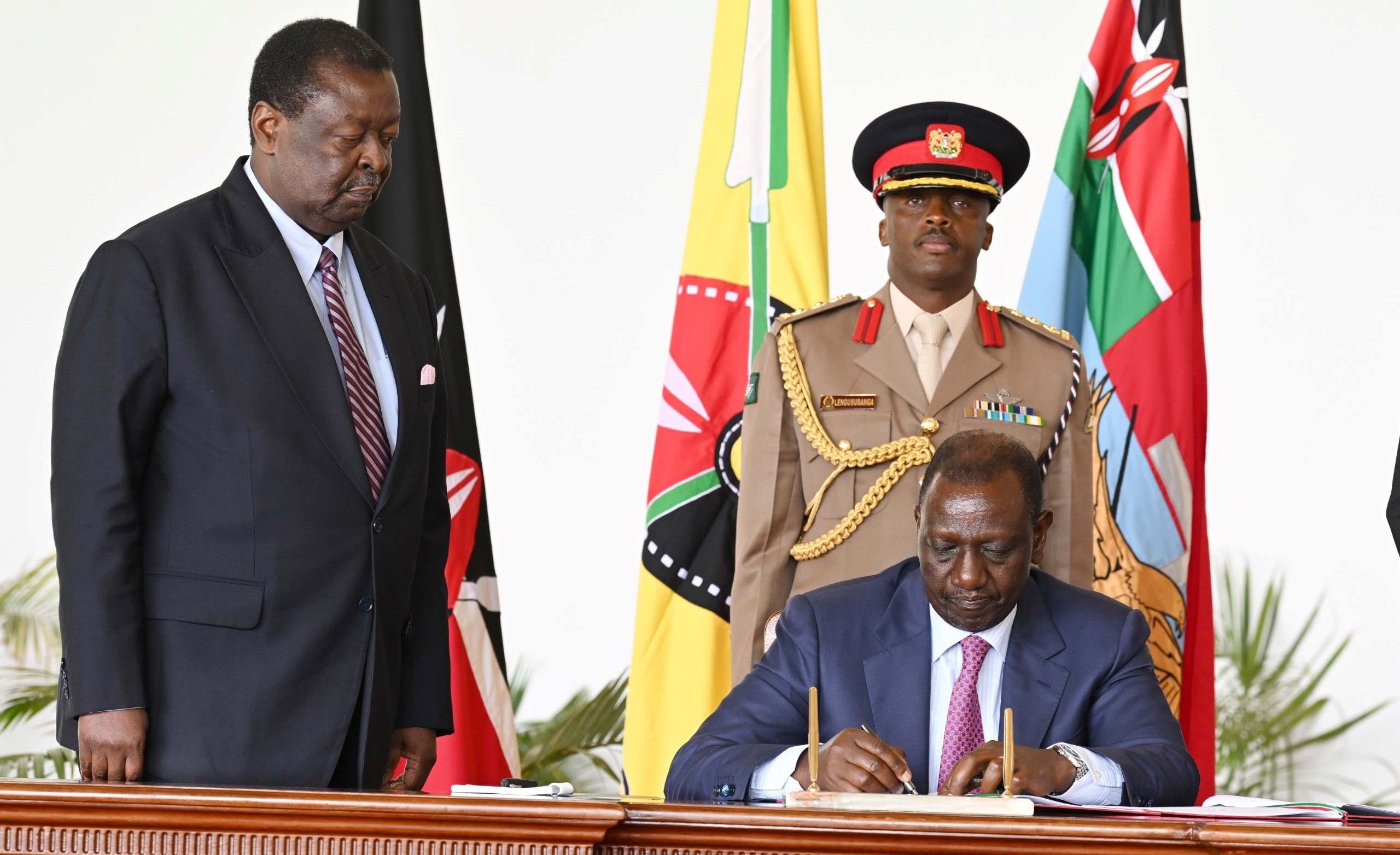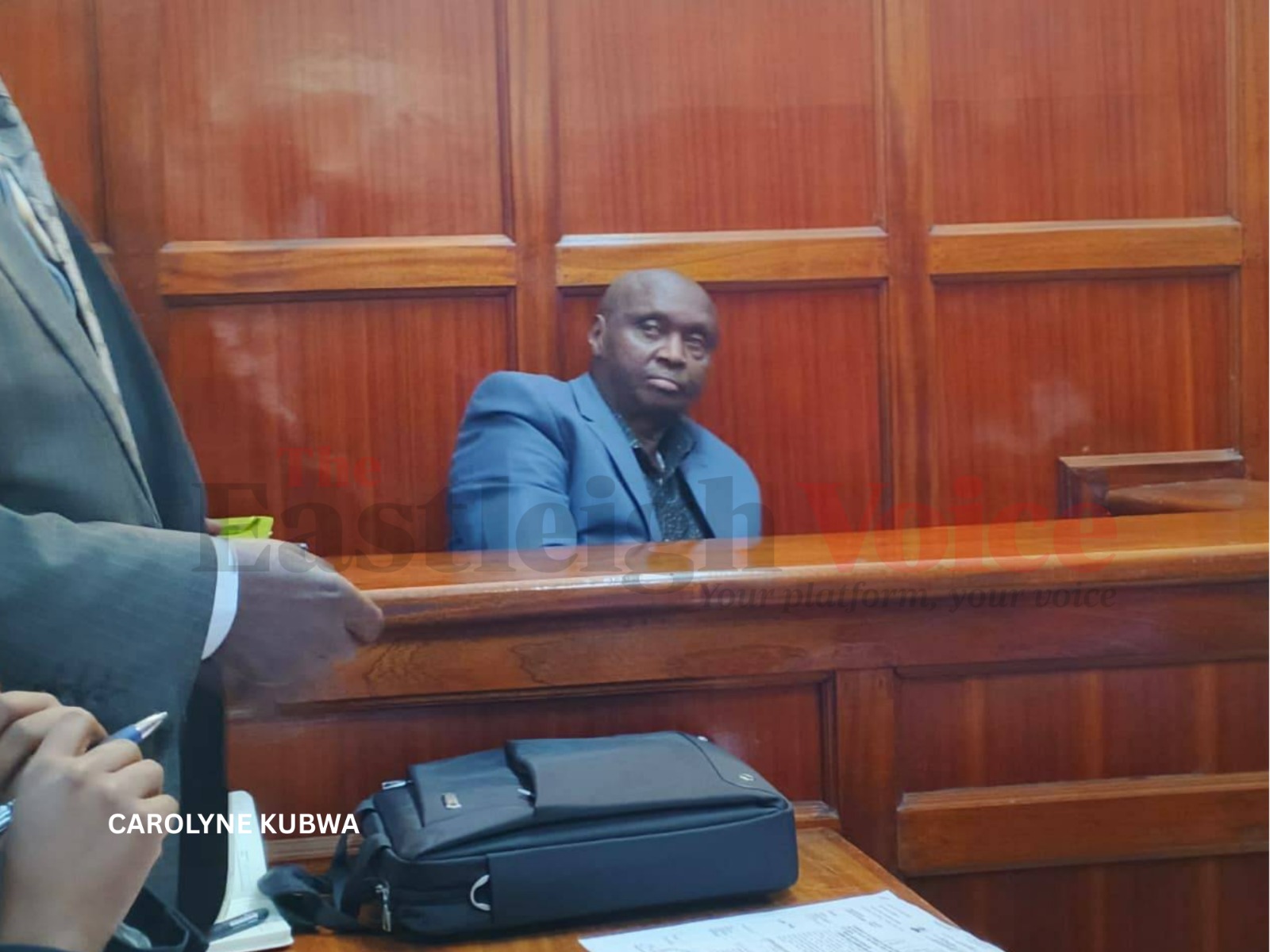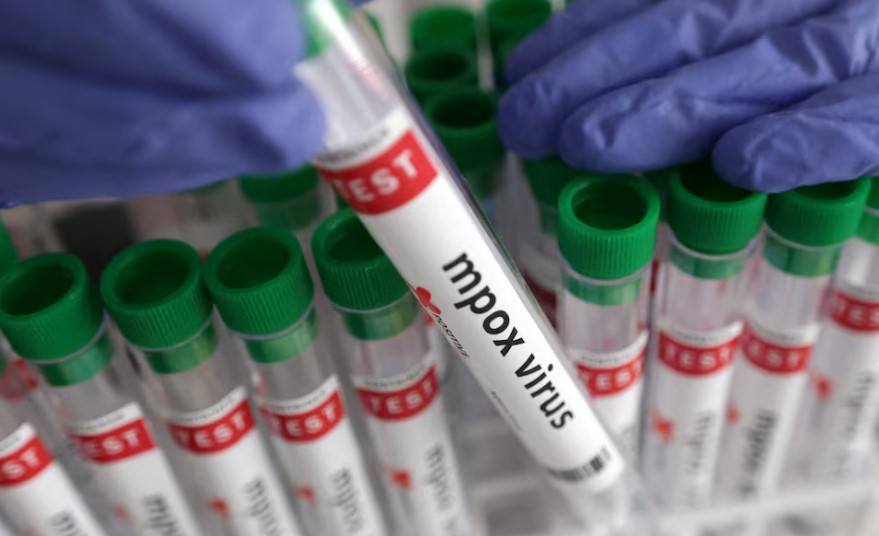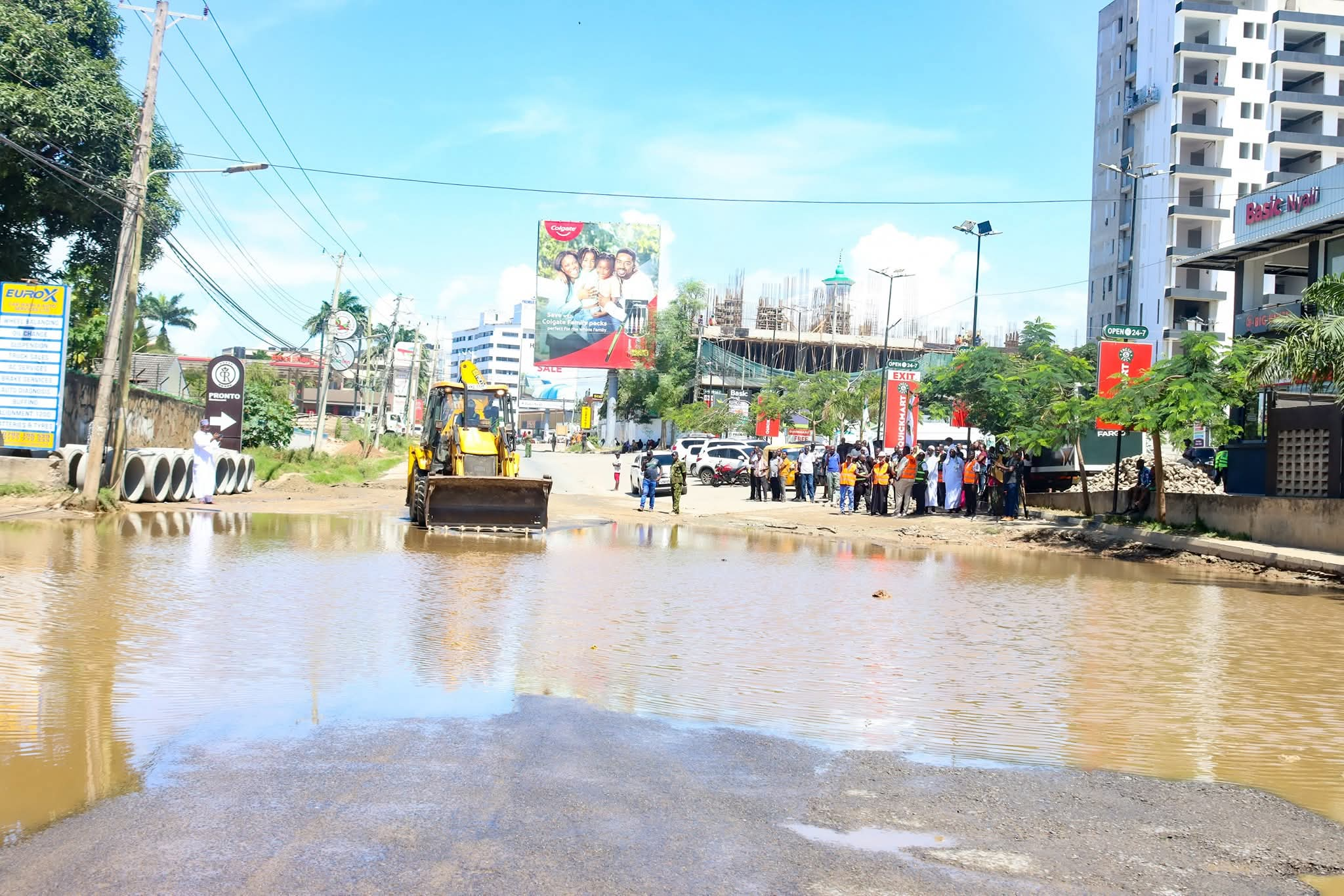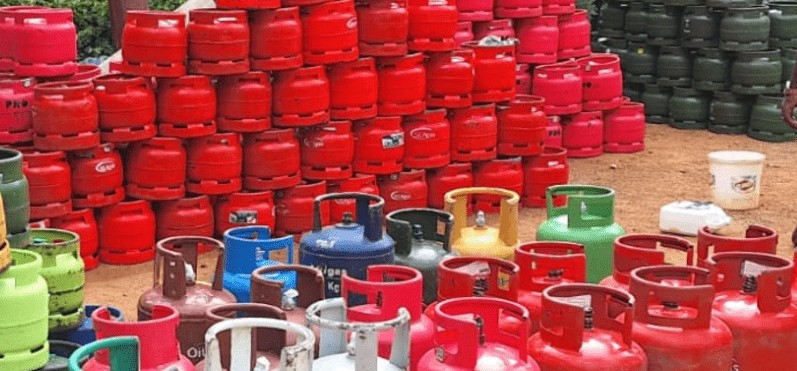Auditor General flags REREC for illegally siphoning Sh110 million from fuel levy

The Corporation had previously drawn Sh1.35 billion from the same fund in the 2020/21 financial year to cover undisclosed expenses, breaching the law that governs the use of the Petroleum Development Levy resources.
The Rural Electrification and Renewable Energy Corporation (REREC) is once again in the spotlight for misusing fuel levy funds, after the Auditor General revealed it illegally received Sh110 million from the Petroleum Development Levy (PDL) in the year ending June 2024, marking its second such violation in recent years.
The Corporation had previously drawn Sh1.35 billion from the same fund in the 2020/21 financial year to cover undisclosed expenses, breaching the law that governs the use of PDL resources.
More To Read
- Government's subsidised gas project in limbo as millions of cylinders lie unused due to lack of funds, audit shows
- Education stakeholders urge EACC, DCI to probe Sh3.7 billion ghost schools scam
- Audit exposes KICC spent Sh30.9 million on hotel meetings contrary to law
- Taxpayers lose Sh4.8 billion to interest payments on delayed donor projects - report
- Auditor General’s report prompts probe into Kenya School of Government finances
- MPs blame fund managers for NG-CDF misuse, reject Auditor-General’s claims
According to the Auditor General’s report, the Sh110 million was channelled to finance rural electrification projects, contrary to provisions of the Petroleum Development Fund Act, 2012, which outlines that PDL monies should strictly support the petroleum sector.
“Review of financial records revealed that the corporation received Sh110,000,000 from the PDL fund, which was utilised on implementation of rural electrification projects, contrary to Section 4(4) of the Petroleum Development Fund Act,” Auditor General Nancy Gathungu said in the report.
The PDL Act mandates that funds collected under the levy be used for the development of the oil industry, including building common facilities for oil distribution or testing and stabilising petroleum pump prices during price spikes caused by elevated landing costs.
Despite this legal framework, the audit found that REREC had benefited from the fund for a second time, with its earlier allocation of Sh1.35 billion in the 2020/21 financial year used for undisclosed purposes, another violation of the Act.
“This was contrary to Section 4(4) of the Petroleum Development Fund Act, 2012, which states that there shall be paid out of the Petroleum Development Funds such monies as are necessary for the development of common facilities for distribution or testing of oil products and matters relating to the development of the oil industry,” Gathungu added.
The PDL is charged at Sh5.40 per litre of petrol and diesel and Sh0.50 per litre of kerosene. Collections from this levy are intended to subsidise fuel prices and finance petroleum-related infrastructure and initiatives.
However, the report raises concern that persistent illegal diversions, such as those by REREC, have severely depleted the fund. It remains unclear whether the corporation refunded the misused amounts.
The depletion has left the State without adequate funds to cushion consumers from rising pump prices. In one instance, the government allowed fuel prices to climb by Sh8.99 per litre for petrol and Sh8.67 for diesel, with prices in Nairobi hitting Sh186.31 and Sh171.58 respectively. Kerosene increased by a wider margin of Sh9.65 to retail at Sh156.58 per litre.
Between 2020 and 2022, the government redirected more than Sh20 billion from the PDL for purposes not allowed under the law. These included Sh18.1 billion to operate the Standard Gauge Railway (SGR), Sh500 million to the Ministry of Energy, Sh130 million to the Nuclear Power and Energy Agency, and the Sh1.35 billion previously received by REREC.
Energy Cabinet Secretary Opiyo Wandayi recently acknowledged that the government lacked Sh2.5 billion required to subsidise pump prices, an admission that highlighted the impact of continued illegal use of PDL funds.
The revelations have sparked fresh calls for fiscal discipline in the management of fuel levy collections, with fears that further depletion of the PDL could expose consumers to even steeper fuel prices in the future.
Top Stories Today
Reader Comments
Trending
